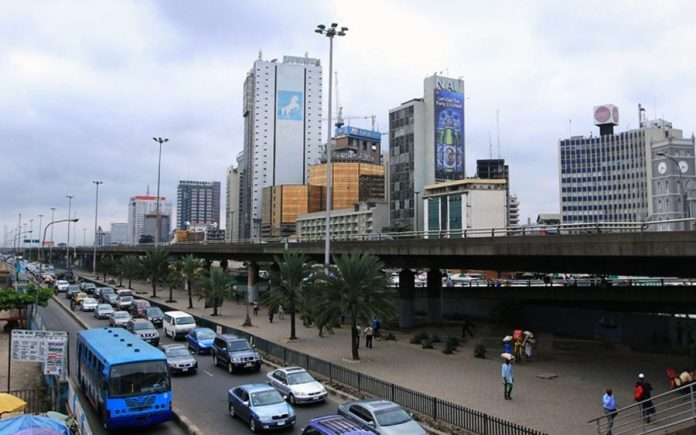Foreign Investment into Nigeria in the first quarter of 2019 rose to $8.4 billion compared to $6.3 billion in the same period of 2018. Whilst most of the inflows were focussed on foreign portfolio investments, it is pleasing that Nigerian experienced an investment growth especially when you consider that we had the national elections within this quarter.
The government has over the years embarked on several strategies in its bid to attract foreign investments into the country. They have offered tax incentives, provided intervention funds, erected trade barriers all for the sole purpose of attracting investment.
Despite these laudable efforts, foreign investors continue to shun some sectors like a flea. Some of these sectors employ thousands of Nigerians and are a cause to worry if you are anyone in government circles. Here are some of the pertinent ones by our reckoning.
Brewery Sector: According to the data, Nigeria’s brewery sector, one of the most competitive sectors in the country attracted zero foreign investments in the first quarter of 2019. The sector attracted just $4.8 million in the whole of 2018, according to data from the National Bureau of Statistics.
What this means
- Nigeria’s brewery sector is largely dominated by the likes of Nigeria Breweries, Guinness and International Breweries.
- These sectors have received a considerable amount of investments in the last 5 years so we assume investments here have peaked.
- However, data from the NBS suggest capital importation in this sector is a combined $90 million since 2014. So could this be a reporting challenge?
- Investors are probably now looking for returns of and on investments.
- Government policy towards this sector has also been negative, especially with the increase in excise duty for alcoholic products.
Hotels & Hospitality: Despite the array of hotel constructions littered all over the country, the NBS report picked zero investments in the country’s hotel sector.
What this means
- While the official NBS data reported zero capital importation, it is likely that some investments did inflow into this sector.
- Most hotel investments in Nigeria are owned by Nigerians. And where they are not, investments in here come from revenues already being generated by the companies.
- Foreign participation in this sector is also via hotel management which means they export capital rather than import.
- Hotels employ thousands of Nigerians and their services are constantly in high demands. Unfortunately, the government hasn’t had a targeted policy for the hospitality sector in general.
- To attract significant investment here, Nigeria will have to look beyond hotels to drive investments. A coordinated approach to tourism development will probably be best suited.
- For now, investors will continue to shun this sector even though we have seen a 4% plus GDP growth rate.
Training: Nigeria has a huge human capital development challenge and has been recognized even in more advanced sectors like the financial services sector. However, foreign investment in this sector continues to be nonexistent.
- In the first quarter of 2019, Nigeria received just under $500k investments in the sector. We also attracted zero investment in 2018 and the years before.
- It could well be that the data is not properly being reported so the NBS may not be capturing all that has been received.
- Nevertheless, for a sector that is critical to nation building and central to human capital competitiveness the level of foreign investment in this sector is too small.
Others of note:
- Drilling
- Consultancy
- Electrical services
- IT services

Source: nairametrics






